In an article written by Magnolia Miller titled "How Long Do Hot Flashes Last in a Woman's Life?" she explains two primary symptoms of menopause and perimenopause.
"Hot flashes and night sweats are considered two of the hallmark symptoms signaling the onset of perimenopause, the five to 10 year period when women experience hormonal changes before they reach actual menopause.
Women are said to be fully menopausal once they have reached 12 consecutive months without a menstrual cycle.
Prior to actual menopause, however, most women experience a variety of different symptoms associated with hormone fluctuations such as mood changes, sleep disturbances, changes in menstrual cycles, and midsection weight gain.
A large majority of women, at least 80 percent, will also experience hot flashes and night sweats. Also called vasomotor disturbances, hot flashes are a sudden onset of heat and flushing.
Some hot flashes can cause heavy sweating, generally around the face and hairline, while others are less intense and cause only mild perspiration.
For most women, hot flashes can be incredibly uncomfortable, frustrating, and downright annoying. Particularly if you have them at night (called night sweats) and they interrupt your sleep.
They are not, however, a serious health condition, and for many women tend to disappear either completely, or lessen in severity, by the time they reach actual menopause.
For other women, unfortunately, hot flashes and night sweats can linger well into actual menopause and postmenopause years.
In fact, one study on menopausal women published earlier this year in the New York Times, revealed that women may experience hot flashes for up to 14 years once they’ve reached actual menopause. Not exactly good news, I know.
Low estrogen levels in menopausal women are associated with hot flashes and night sweats. Given that women produce less estrogen in the menopause and postmenopause years, it’s easy to see how hot flashes and night sweats can continue for so long.
Interestingly, the same study also revealed that Asian and Caucasian women fare better than black and Hispanic women. Both black and Hispanic women tend to experience hot flashes significantly longer than white or Asian women.
The study also revealed that the earlier a woman begins to experience hot flashes, the longer she is likely to continue to have them.
Other factors such as education level, perceived stress in one’s life, depression and anxiety, also appeared to be related to how long women experienced hot flashes, how often, and how intense they were.
Some women choose hormone therapy during perimenopause and menopause to help them manage symptoms and cope with hot flashes. Women who are still menstruating and having hot flashes can use low-dose contraceptives to help manage them.
If you do not wish to use hormone therapy, low-dose antidepressants have also been shown to be quite effective in easing hot flashes. You can also try cutting back on caffeine if you drink it, avoiding alcohol (especially red wine), and spicy food.
And of course, if all else fails, pass out hoodies and sweatshirts to the family, and turn the thermostat down to Arctic temperatures!"
Thankfully, hot flashes and night sweats, along with most all other symptoms commonly related to menopause and perimenopause can be easily controlled. and often eliminated completely with bio-identical hormone therapy.
Source article: http://www.empowher.com/menopause/content/how-long-do-hot-flashes-last-womans-life?utm_source=kw&utm_medium=referral&utm_campaign=hot-flash-hub&kwp_0=54338&kwp_4=444552&kwp_1=251425
www.coloradooptimalhealth.com


